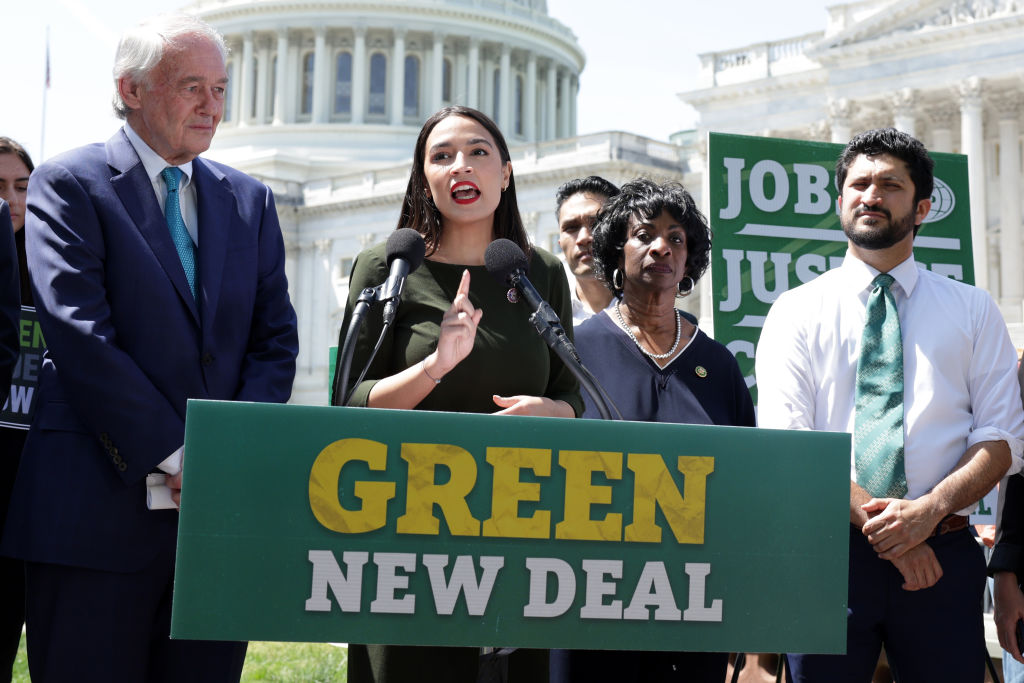Two scenarios that stick in my mind—some of you may have read me writing about these before, but I hope you’ll forgive the repetition for the sake of what I think is a useful discussion.
Scenario 1: Your Uncle Bob refuses to save for his retirement. When asked what he is going to do when he is too old to continue working, Uncle Bob says, “No sweat. I’m going to win the lottery and retire with hundreds of millions of dollars in the bank.” Every week, he buys a lottery ticket, and, every week, probability holds—he wins nothing. And, then, on his 65th birthday, Uncle Bob wins a $1 billion jackpot.
Question: Was his retirement plan a good one? Answer: Of course not. It was deeply stupid and profoundly irresponsible. The fact that it happened to work out well, against astronomical odds, means nothing—should mean nothing—when it comes to the matter of our judgment. The lottery people say the odds of winning a Powerball jackpot on any given ticket are just under 1 in 300 million—in a country of some 330 million people, many of whom play the lottery from time to time, there are going to be some winners. It is a big world with a lot of randomness in it—all sorts of cockamamie ideas work out, for somebody, sometimes. Don’t mistake randomness for a well-executed financial strategy.
Scenario 2: You have a pretty bad family-health history: cancer, heart problems, early-onset dementia, debilitating arthritis, etc. Because of this, you buy a lot of health insurance, including expensive disability supplements and other products, and put a lot of money into a medical savings account, etc. And you never get sick. As if to spite your grim caution and realistic forward-mindedness, you are inexplicably healthy your entire life. You live to be 108 and die peacefully one night of no obvious cause after never having had so much as a sniffle.
Question: Were those insurance premiums and other preparations wasted money? Of course not. Those measures were intelligent and responsible. It just happened that you didn’t exercise them. In a country of some 330 million people, there are going to be some unlikely outcomes. Don’t mistake randomness for a poorly executed financial strategy.
What the two scenarios have in common is that evaluating either of them depends on understanding that risk has a price. You buy insurance to reduce the financial risks associated with sickness, injury, or early death. And even if the event you are insuring against never comes to pass, you got what you paid for: reduced financial risk associated with that event. Lottery-winners may pretend that there is no price to risk, but that does not make it so–there is a reason lottery tickets are so cheap. One of the things our friends in the financial world are pretty good at is pricing risk—or, more precisely, working out mechanisms to allow markets to price risk. That isn’t a perfect solution to the problem (the history of credit-default swaps, a form of debt insurance, is not without some controversy) but it doesn’t have to be a perfect solution—it only has to be valuable to the people who choose to pay for it.
A great deal of our political discourse, particularly touching economic policy, is engineered to avoid or frustrate attempts to look at such questions head-on.
Let me give you another example: If you tell me that you have a big idea for an ambitious program to provide work-skills training and job placement for people with mental disabilities, and that this program will cost many billions of dollars, but—not to worry!—that it will create such pleasant economic effects that it will be self-funding—one of those programs that “pays for itself”—then I am going to be very, very suspicious, and I am going to ask to see your work. Setting aside some thorny epistemological issues, the question of whether the economic benefit of a program outweighs its costs is, notionally, an empirical question, subject to measurement rather than hostage to mere opinion. But, here’s the thing: The program may pay for itself (it won’t, but, arguendo) or it may end up representing a large net outlay—and we may still want to pay for it in the latter case.
There are all sorts of things we do that cost money that do not provide a positive measurable “return on investment” in real economic terms: services for disabled people and children, subsidies for many kinds of scholarship or cultural institutions, the preservation of wildlife and its habitat, etc. The people who want money for preserving the habitat of the Barton Springs salamander or staging community theater productions of Orpheus Descending in Lubbock, Texas, (it was really good!) or paying stipends for the scholarly annotation of medieval manuscripts or whatever often claim that these programs will “pay for themselves.” You can usually smell the BS before you see it, but, if you dig into a lot of reasonably specific-seeming environmental claims (e.g., how activists go about estimating “embodied carbon” in a factory or a consumer product), then you’ll pretty quickly get the feeling that you are being more or less scammed by people who have contempt for you, think you are stupid, and believe that morality requires misleading you in the service of the greater good. And once you’ve had a look at the more intellectually serious sort of environmental advocate, you can make short work of the claims of an Alexandria Ocasio-Cortez or a Joe Biden that ripping up the energy, construction, transportation, and manufacturing industries—and then replacing these with new models produced by graduate students studying social work at Bryn Mawr College—is going to pay for itself.
As in the risk-pricing scenarios, claims that programs are going to pay for themselves require only a little bit of careful thinking to understand. But you can’t understand them if you don’t do the thinking. In the same way that people who make irresponsible risk calculations like to pretend that risk is cost-free, people who do not wish to make an honest and responsible case about the costs and trade-offs of the programs they propose (or so simply cannot make a responsible case) prefer to pretend that there are no costs and trade-offs—not only that there are no costs or trade-offs, but that we will enjoy the opposite of costs and trade-offs: economic benefits that require nothing more than giving people with some power more power and doing what they want us to do. That is true of government spending that “pays for itself” and for tax cuts that “pay for themselves” and other mythical creatures of that kind.
There are ideas that pay for themselves, of course. In the private sector, those are called “good investments.” Whatever Apple spent developing the iPhone, it has made back many, many times over. Government can create economic value, too, for instance by funding what Abraham Lincoln called “improvements” and we now call “infrastructure.”
But we shouldn’t take their word on it: There was something close to nothing in the last several rounds of infrastructure programs that would stand up to real economic scrutiny, which is why Democrats have spent so much energy trying to redefine the word “infrastructure.” But, as with saving the salamanders and the art-history majors, we probably are better off admitting that there are things we want the government to do that cost money—sometimes, a great deal of money—and that the cost is just a cost, not an “investment.” Military research and development throws off some economic benefits, but building up an apparatus that can kill a lot of Russians very quickly isn’t a get-rich-quick scheme, or an investment, or a proposition that pays for itself. War is pretty much always a financial disaster, and preparations for war are, economically speaking, generally a net loss—a fact that was apparent to no less a soldier than Dwight Eisenhower: “Every gun that is made, every warship launched, every rocket fired signifies, in the final sense, a theft from those who hunger and are not fed, those who are cold and are not clothed. This world in arms is not spending money alone.” But there are worse things to suffer than financial expenditure—just as we pay for insurance we hope never to need, we pay for armies and missiles and warships we hope never to use.
We would do well to talk about these things more forthrightly. And by forthrightly I mean, among other things, without catastrophizing. I am open to arguments that we need both a more expansive military budget and more comprehending climate policies; I am not open to arguments that we have to give political partisans what they demand, that “the time for debate is over,” simply because somebody who won an election or two says so.
The conservative sensibility, as George Will calls it, involves prudence. On Independence Day, I saw a man at a 7-Eleven denied a lottery ticket. He was trying to pay for it with a credit card—which, in a rare show of good taste and decency, is not permitted by the state. You can use cash or a debit card, but not credit, for reasons that should be too obvious to need explaining here. But, what about Uncle Bob and his retirement plan? The thing to understand is that using the credit card to buy lottery tickets is not very far from how a lot of public business is done in Washington.
Maybe it will pay for itself, one day. But probably it won’t.









Please note that we at The Dispatch hold ourselves, our work, and our commenters to a higher standard than other places on the internet. We welcome comments that foster genuine debate or discussion—including comments critical of us or our work—but responses that include ad hominem attacks on fellow Dispatch members or are intended to stoke fear and anger may be moderated.